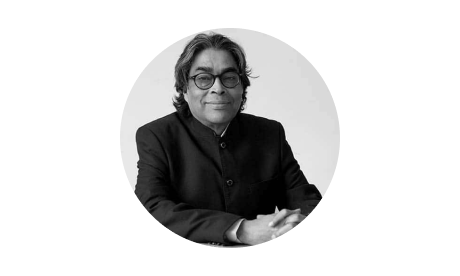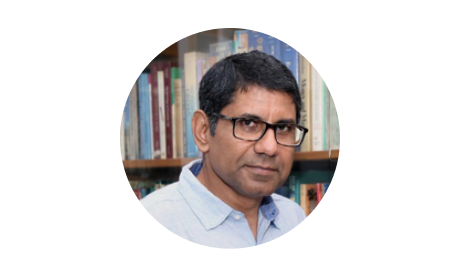
Voting and Democracy
This course introduces the complexities of democratic processes and its implications for democracy. It explores how democratic outcomes are shaped not only by voter preferences but also by the voting systems used, challenging the notion that democracy operates solely by the people’s will. We examine scenarios where traditional majority rules fail to produce consistent results with more than two options, as Arrow’s theorem states that no voting system is perfect. The course also considers the practical applications of voting in power distribution, checks and balances, and information aggregation, as seen in various global and local contexts, such as the European Union and jury decisions. Delve into the debate between liberalism and populism, guided by thinkers like James Madison and Rousseau, and explore how different interpretations affect the perceived legitimacy of electoral outcomes. We discuss how decision-making rules, strategic voting, and agenda control affect public policies and laws through a thorough analysis of electoral systems like plurality and proportional representation, as seen in the UK’s electoral outcomes. This course extends foundational concepts like Condorcet’s winner and Arrow’s theorem to current debates on governance and public policy, offering a critical perspective on the democratic system’s ability to reflect the people’s true will and its societal implications.

Krishna K Ladha
Professor at ISPP, Distinguished Fellow at India Development Foundation

Shubhashis Gangopadhyay
Professor at ISPP, Founder & Research Director, India Development Foundation
Economics, Law & Economics, Policy Praxis Lab

Parth J. Shah
Co-Founder & Dean; ISPP, Founder President at Centre for Civil Society
Markets For Development, Governance & Public Administration


